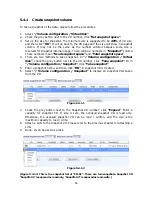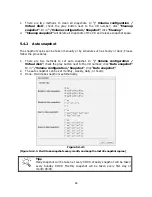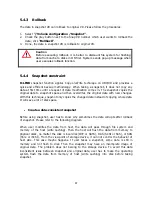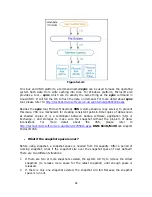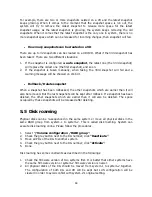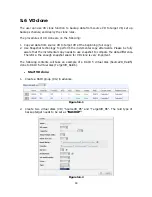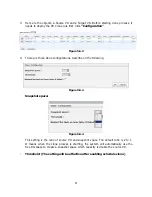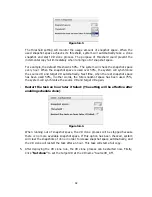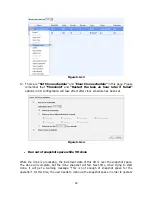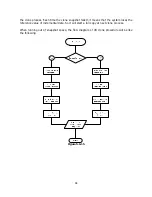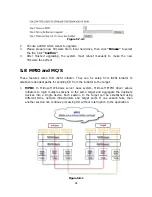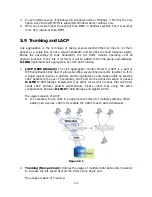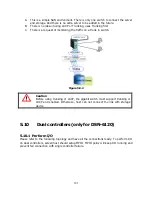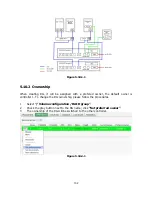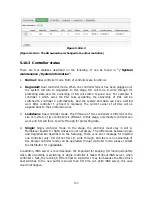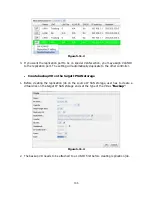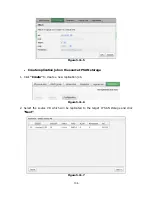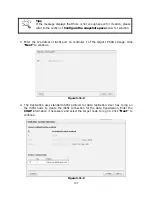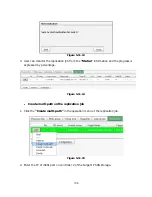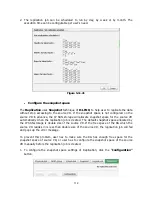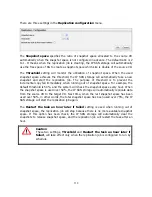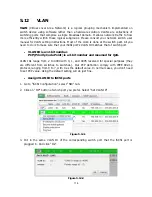
99
2.
MC/S: MC/S (Multiple Connections per Session) is a feature of iSCSI protocol, which
allows combining several connections inside a single session for performance and
failover purposes. In this way, I/O can be sent on any TCP/IP connection to the target.
If one connection fails, another connection can continue processing I/O without
interruption to the application.
Figure 5.8.2
Difference:
MC/S is implemented on iSCSI level, while MPIO is implemented on the higher level.
Hence, all MPIO infrastructures are shared among all SCSI transports, including Fiber
Channel, SAS, etc. MPIO is the most common usage across all OS vendors. The primary
difference between these two is which level the redundancy is maintained. MPIO creates
multiple iSCSI sessions with the target storage. Load balance and failover occurs between
the multiple sessions. MC/S creates multiple connections within a single iSCSI session to
manage load balance and failover. Notice that iSCSI connections and sessions are different
than TCP/IP connections and sessions. The above figures describe the difference between
MPIO and MC/S.
There are some considerations when user chooses MC/S or MPIO for multipathing.
1.
If user uses hardware iSCSI off-load HBA, then MPIO is the only one choice.
2.
If user needs to specify different load balance policies for different LUNs, then MPIO
should be used.

